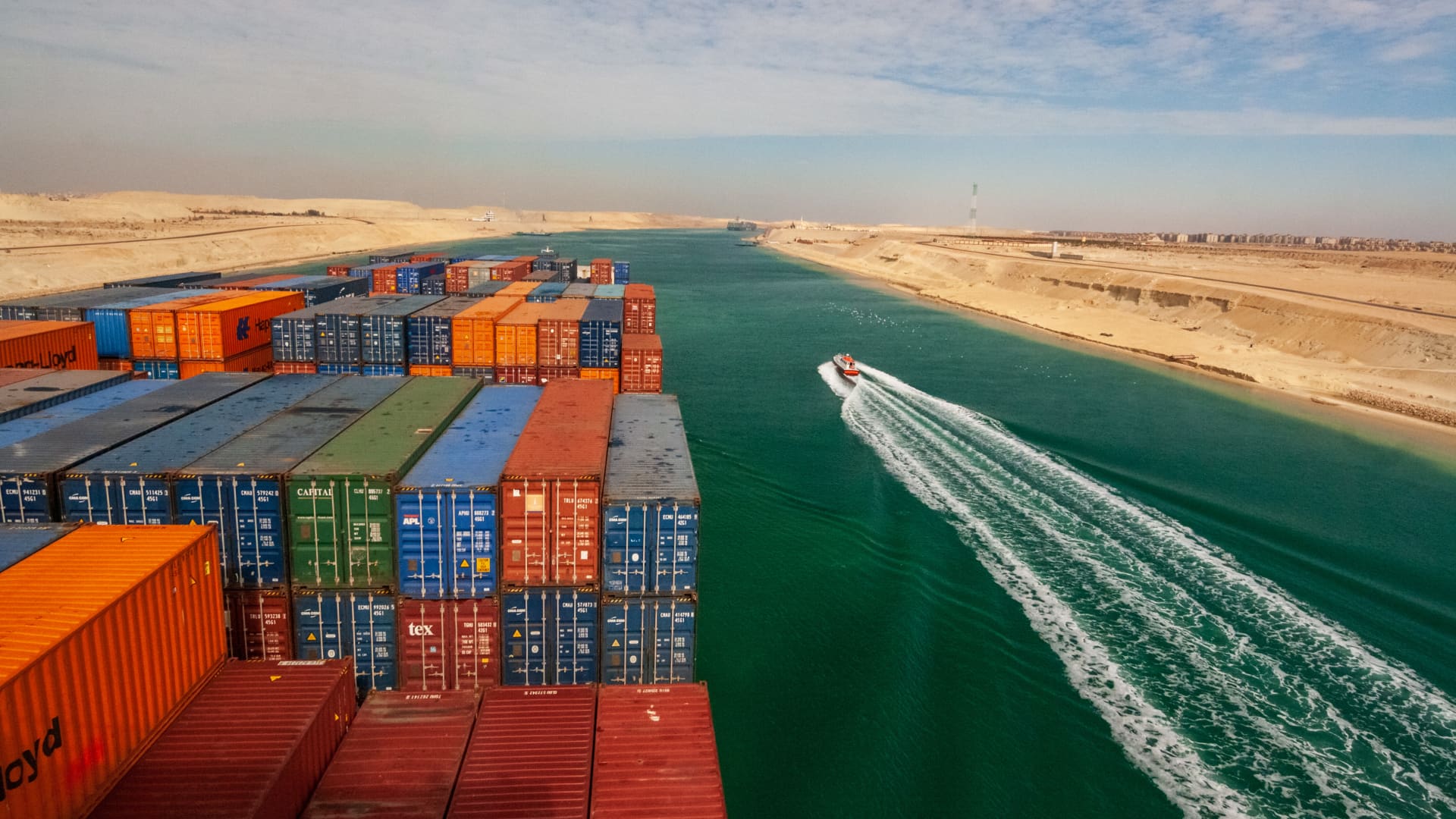Nuclear conflict could have a devastating impact on humanity and the resources we rely on for our survival, according to a new study by Rutgers University that has shown that more than 5 billion people could die of starvation if a modern nuclear war occurs between two superpowers. To estimate the cascading adverse effects of a nuclear war, researchers calculated the amount of soot that would be injected into the atmosphere due to the detonation of nuclear weapons. They assessed six war scenarios including a large US-Russian war and five smaller wars between India and Pakistan based on the size of their nuclear arsenals.
The data was processed through a climate forecasting tool called the Community Earth System Model. Supported by the National Center for Atmospheric Research (NCAR), the model helped estimate the productivity of major crops like maize, spring wheat, rice and soyabean in each country. The research also incorporated the projected changes in livestock pasture and global marine fisheries.
It was observed that even in the event of the smallest nuclear scenario such as a localised war between India and Pakistan, the global average caloric production slumped by 7 percent within five years of the conflict. In a full-scale war between Russia and the US, caloric production plunged by 90 percent in three to four years after the warfare.
Researchers noted that crops would be affected the most in the mid-high latitude nations, including the ones which are major exporting nations such as the US and Russia. This, according to the research, could take a toll on African countries and the Middle East due to export restrictions. Further, the model showed that this would lead to catastrophic disruption of global food markets. It was noted that in the case of the largest war scenario, over 75 percent of the life on the planet would be starving within just two years.
“The data tell us one thing: We must prevent a nuclear war from ever happening,” said Alan Robock Distinguished Professor of climate science in the Department of Environmental Sciences at Rutgers University. Robock is the co-author of the study published in Nature Food.
According to Lili Xia, an assistant research professor in the Department of Environmental Sciences at Rutgers, such nuclear conflict could also destroy the ozone layer by heating the stratosphere. This would lead to more ultraviolet radiation on the surface which would in turn affect the food supplies. Xia is the lead author of the study.
Catch the latest from the Consumer Electronics Show on Gadgets 360, at our CES 2024 hub.








